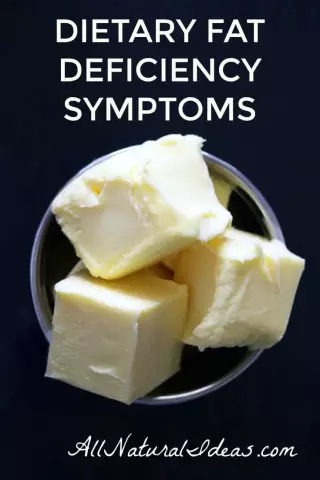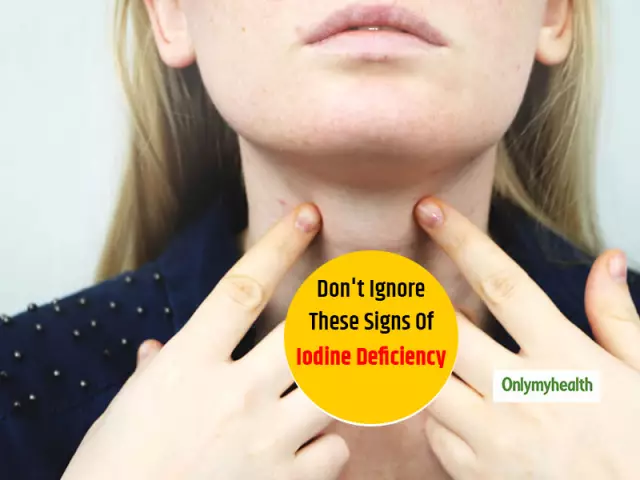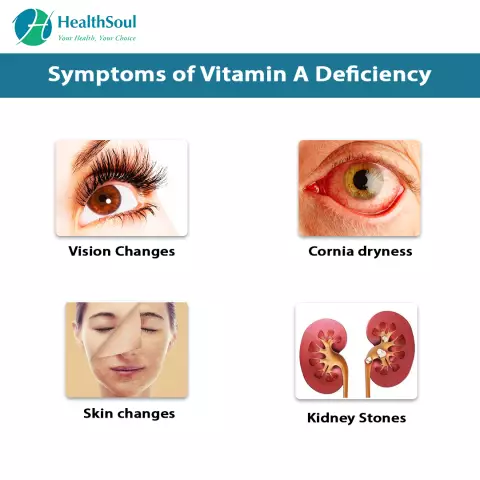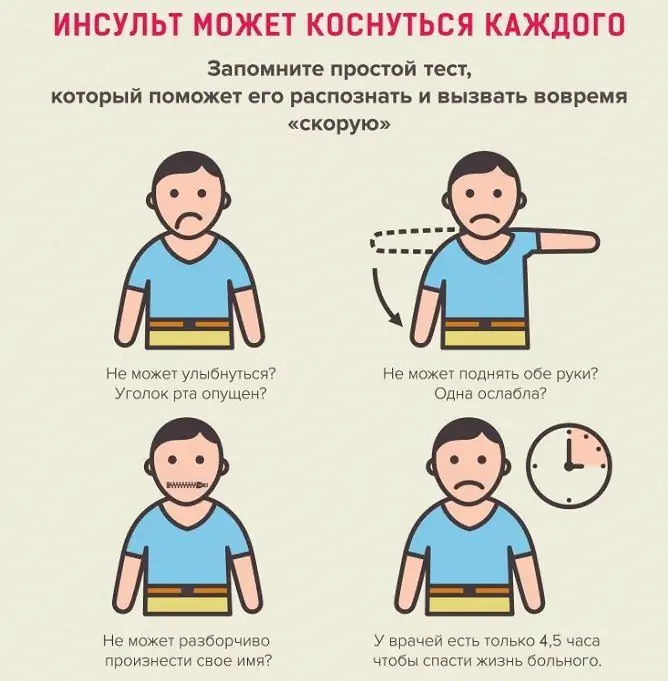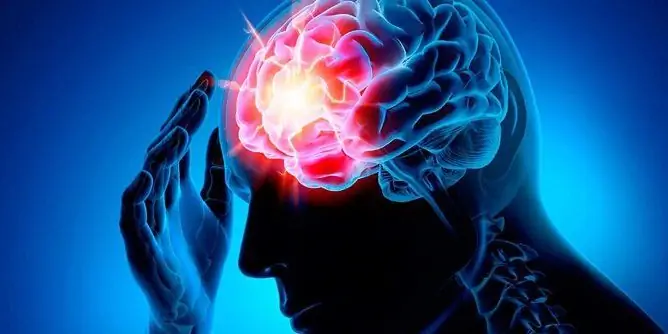- Author Rachel Wainwright wainwright@abchealthonline.com.
- Public 2023-12-15 07:39.
- Last modified 2025-11-02 20:14.
7 signs of a dietary fat deficiency
For many women, the word "bold" sounds like a sentence. In pursuit of an ideal figure, they try, first of all, to exclude from their menu dishes containing fats - without having a clear idea of the role of these substances in metabolic processes and the health consequences that such dietary restrictions are fraught with. Why the human body needs fats, how their deficiency manifests itself in the diet, we will try to find out.

Source: depositphotos.com
The role of fat in the body
On average, an adult consumes about 70 g of fat per day. They enter the body with food, are broken down in the upper part of the small intestine, and then absorbed into the blood. Almost all fats (95%) are either used or stored. The remaining 5% are secreted by the sebaceous glands. The body needs fats for:
- the formation of connective tissue and cell membranes;
- creating a subcutaneous layer that acts as protection against temperature extremes and mechanical influences, as well as shock-absorbing layers between internal organs;
- maintaining the elasticity of the walls of blood vessels;
- assimilation of fat-soluble vitamins;
- optimizing the work of the heart muscle;
- maintaining skin tone;
- production of hormones (including sex hormones).
In addition, it is from fats that nerve fibers and brain cells are largely composed. Without these substances, the normal functioning of most organs and systems of the human body is impossible.
Effects of lack of fat on health and appearance
There are a number of diseases that can interfere with the absorption of fats. These include, for example, pathologies of the liver and biliary tract, which prevent these substances from being broken down normally in the intestine. However, most of the conditions associated with a deficiency of fats arise from deliberate refusal to consume them. Usually women who dream of losing weight quickly do this.
According to experts, the amount of fat included in the diet of an adult should not be less than 30 g per day. If this rule is violated, the following symptoms occur:
- dryness, flabbiness and flaking of the skin. Increased sensitivity of the integument, increased risk of developing allergic rashes. Deterioration of hair condition (loss, shine reduction, etc.). These are the consequences of the inability of the body to assimilate fat-soluble vitamins;
- memory impairment, problems concentrating;
- feeling of hunger, which appears soon after eating. The feeling of constant cold, which occurs when the thickness of the subcutaneous fat decreases;
- vision problems. With a deficiency of fats, dryness of the mucous membrane, itching and eye fatigue appear. The likelihood of increased intraocular pressure and the development of glaucoma increases;
- malfunctions of the cardiovascular system. Violation of such a complex process as fat metabolism leads to an increase in the amount of cholesterol in the blood, which negatively affects the state of the walls of blood vessels and the heart muscle;
- weakness, fatigue. Fats are a source of energy for the body. It is not for nothing that people engaged in physical labor are forced to eat fatty, high-calorie foods;
- thirst as a result of metabolic disorders.
The transition to a fat-free diet often ends not in losing weight, but in gaining excess weight. This is due to the fact that the body seeks to make up for the lack of energy material with the help of additional fast carbohydrates, the increased consumption of which causes the appearance of new fat reserves. On the contrary, reducing the amount of carbohydrates in the diet leads to the consumption of material accumulated in the fat stores, and weight loss.
It is believed that the amount of fat should be at least 18-20% of a woman's body weight. If the diet leads to a significant decrease in this indicator, there are pain in the joints, disruption of the digestive tract, hormonal disruptions. In severe cases (when fatty layers are greatly reduced), the internal organs can be displaced. A striking example of this type of process is the prolapse of the kidneys, leading to twisting of the ureters and other severe pathologies.
A smart approach to the inclusion of fat in the diet
So, we have found that diets that completely eliminate the consumption of fat are not only useless, but also really dangerous. How to organize your meals in order to get rid of annoying pounds?

Source: depositphotos.com
First, we must remember that a healthy diet must be balanced; fat, in terms of the number of calories, cannot be less than a third of it. In terms of mass and volume, this is not so much, since food containing fats is very high in calories. Secondly, they are not the same in quality and effect on the body. The most useful foods are those that contain polyunsaturated omega-3 and omega-6 fatty acids, and it is from them that the bulk of the fats should be obtained. These are fatty sea fish, nuts and seeds, olives, vegetable oil. Some saturated fat is also needed for the body to function properly. The safest sources are lean meats and dairy products.
Food that contains a large amount of saturated fats (fatty meat, lard, meat and fish cooking, smoked meats, etc.) has a bad effect on metabolism. Its consumption should be kept to a minimum. Products containing trans fats (fast food, chips, canned food) should be completely excluded from the diet: they not only supply harmful substances to the body, but also inhibit the functioning of the stomach, intestines and liver, thereby interfering with the absorption of healthy fats.
The desire to lose weight should not lead to a deterioration in health and appearance or a decrease in performance. In problematic cases, it is best not to engage in amateur performances, but to entrust the preparation of the diet to a nutritionist: this will help to achieve weight loss, avoiding unpleasant consequences.
YouTube video related to the article:

Maria Kulkes Medical journalist About the author
Education: First Moscow State Medical University named after I. M. Sechenov, specialty "General Medicine".
Found a mistake in the text? Select it and press Ctrl + Enter.

